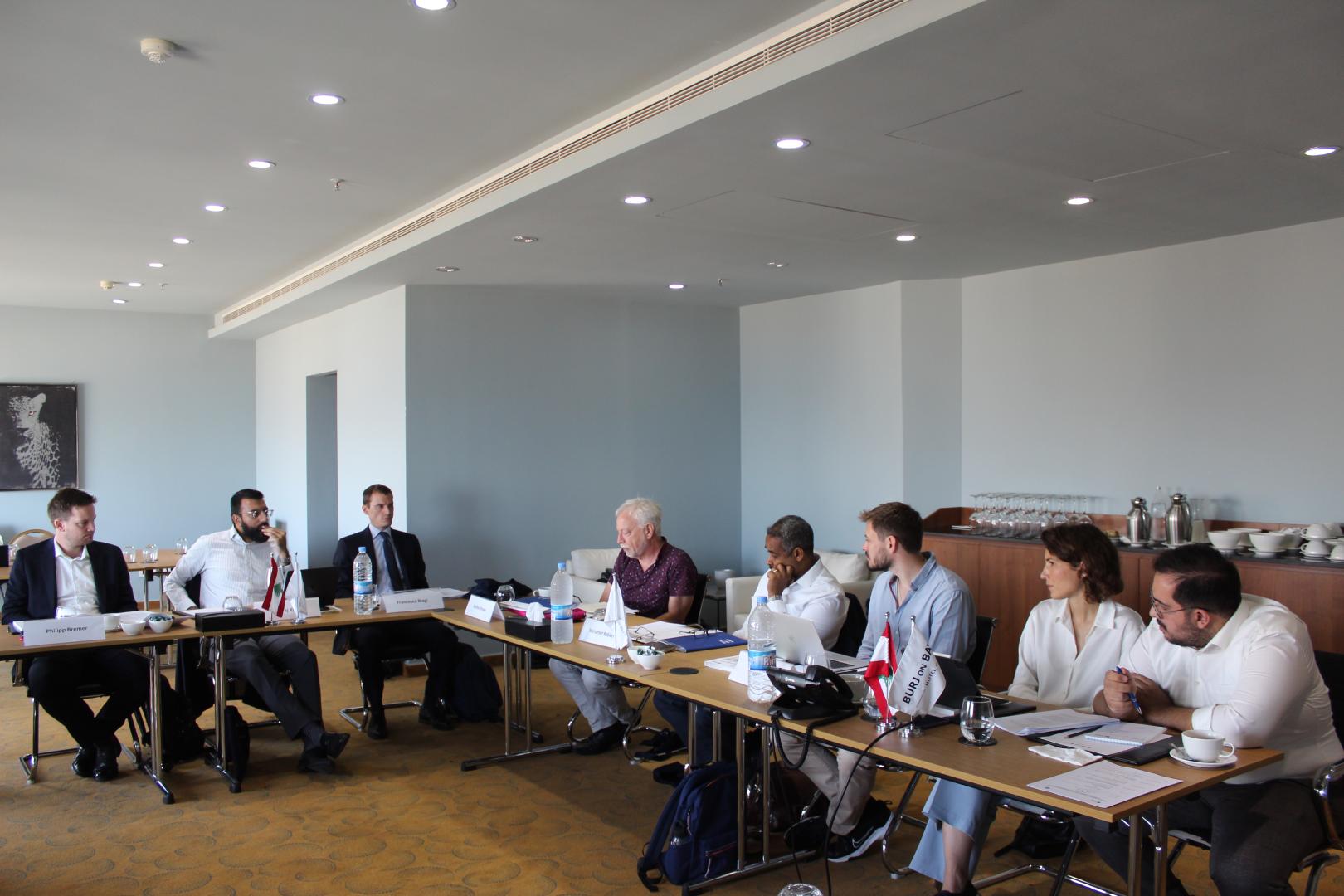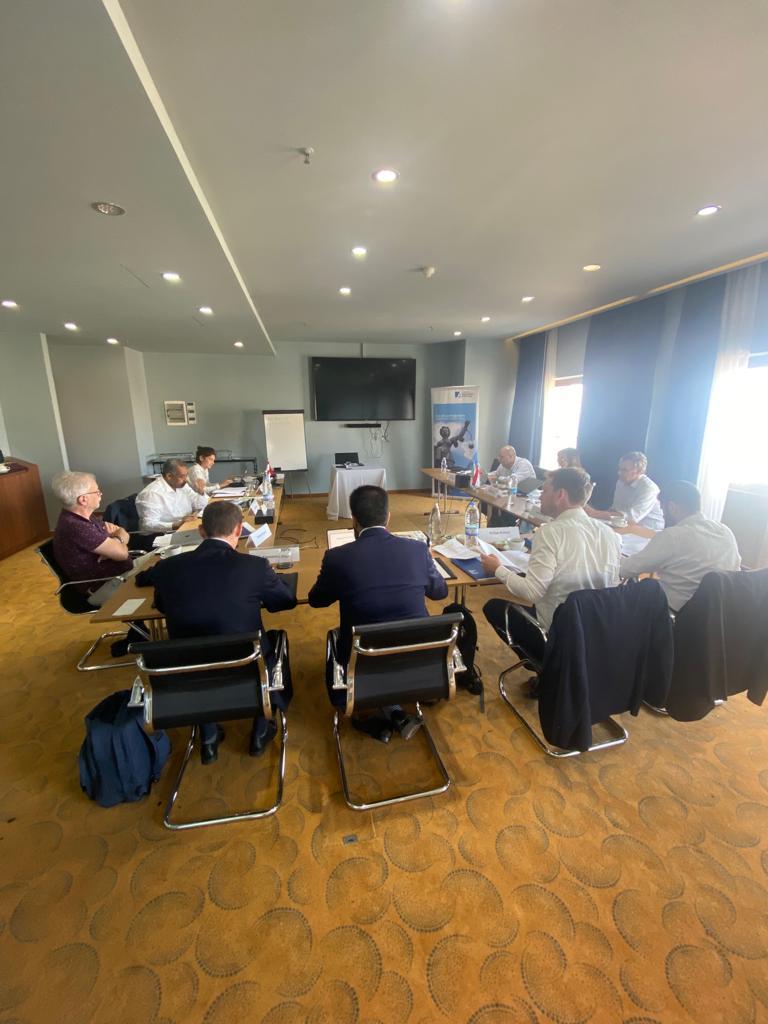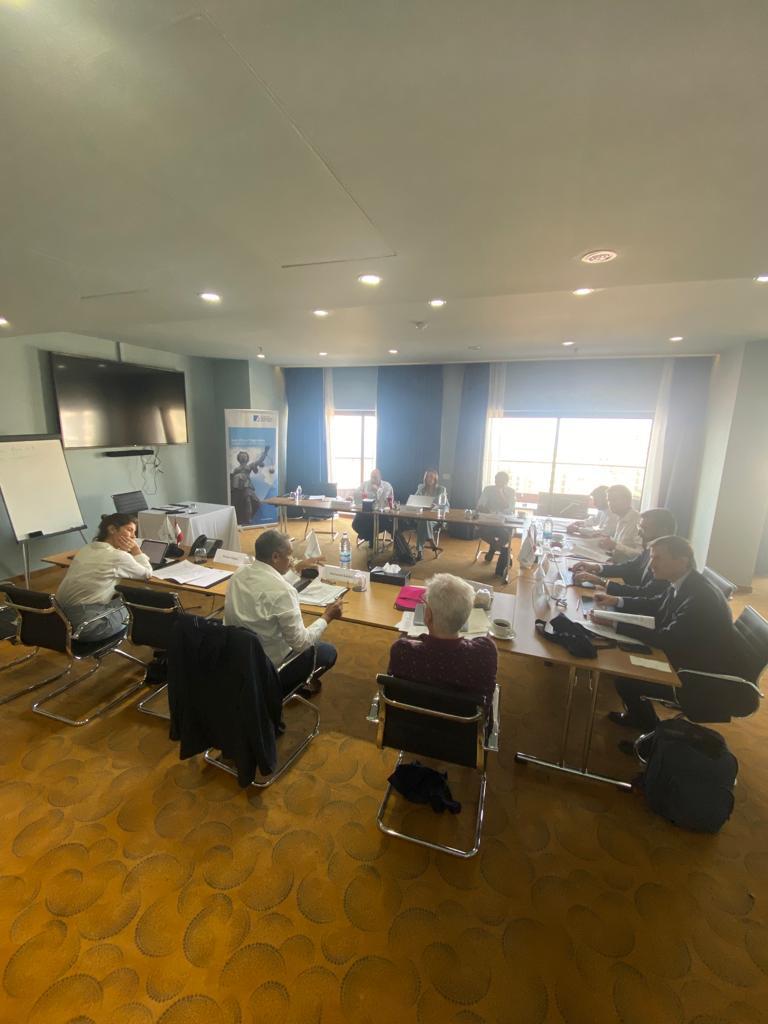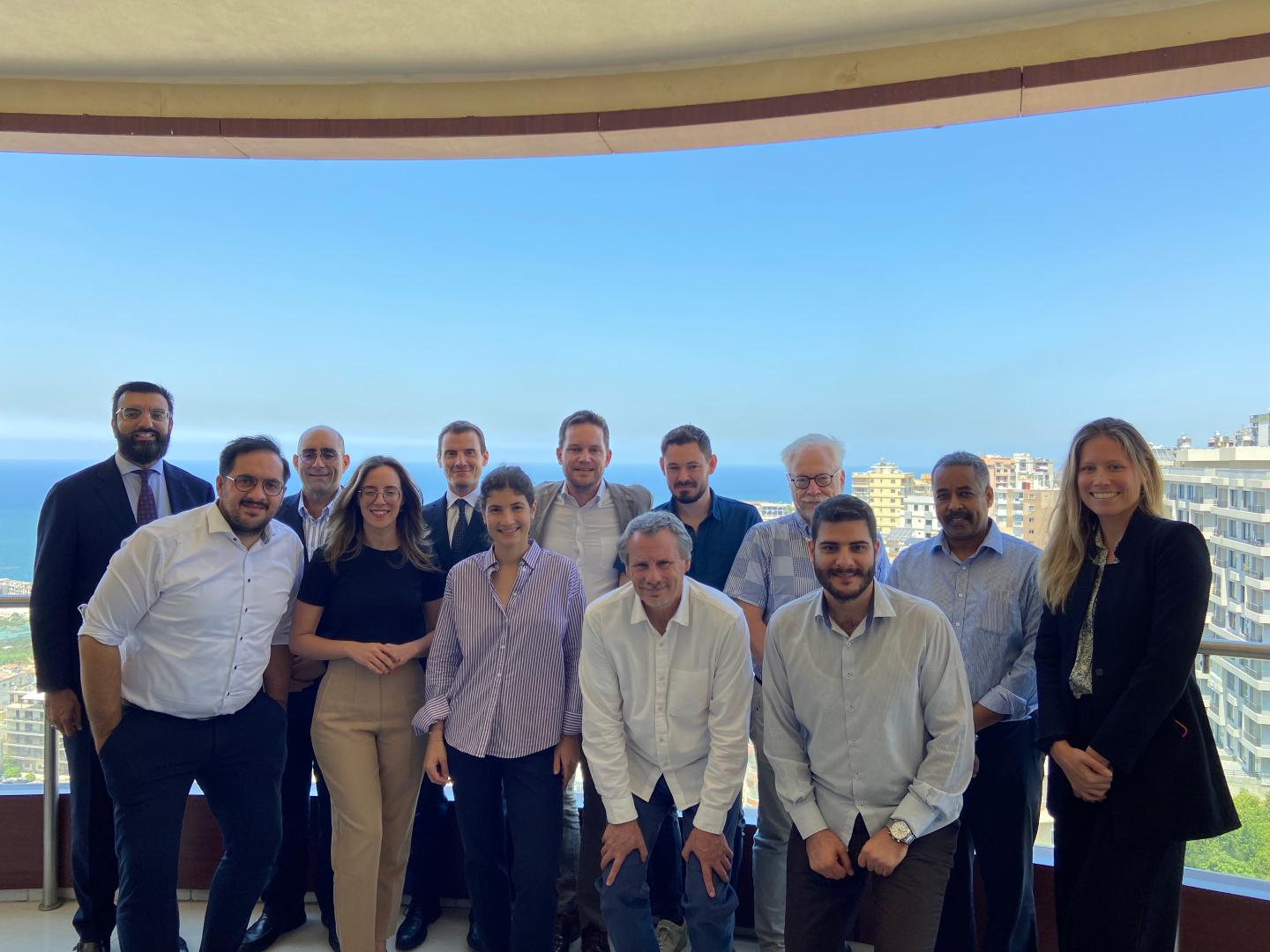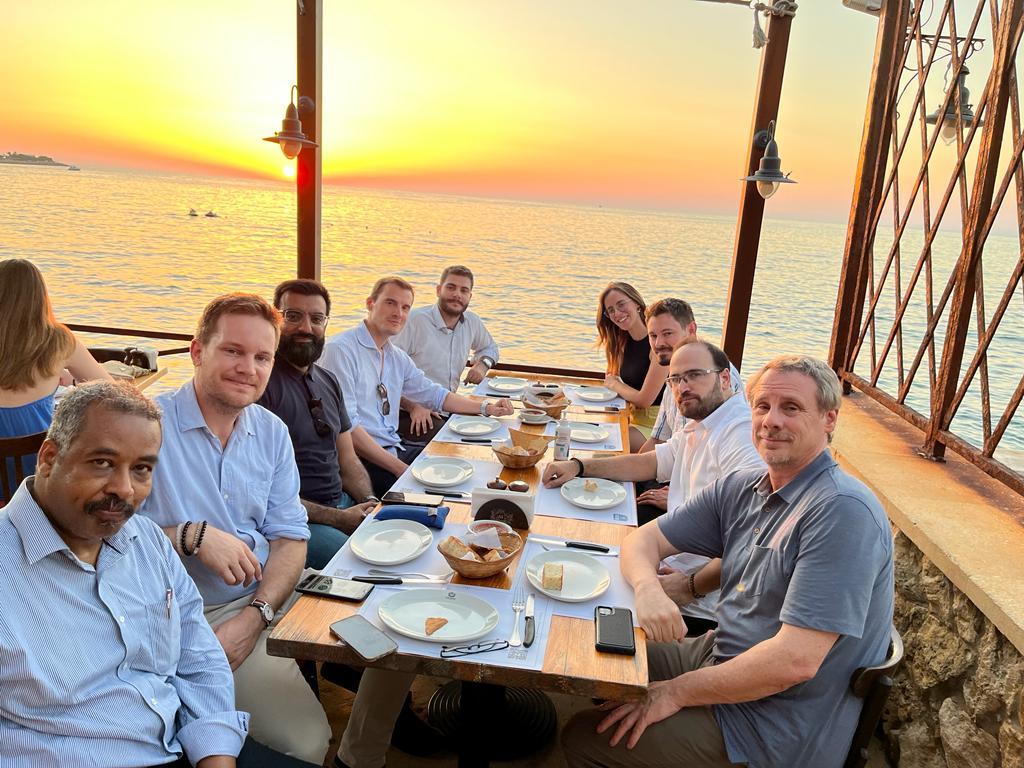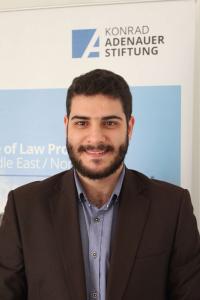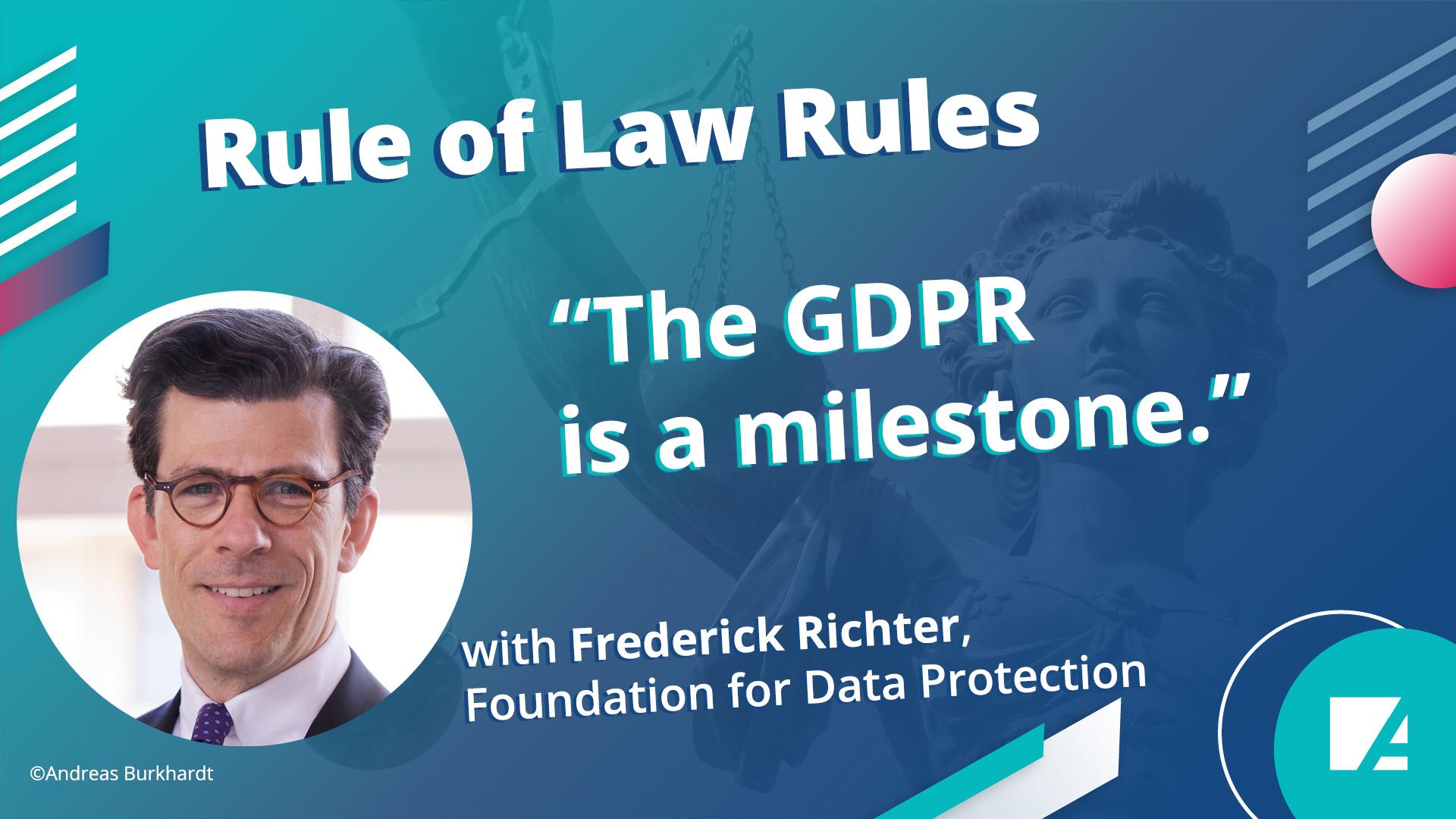The “Boundaries of Religion and Citizenship in the Middle East and North Africa” is a series of roundtables organized in cooperation between KAS and MLN. Last year, the first roundtable took place in Cadenabbia, Italy under the title: “Cohabitation and Cooperation between Religious and Secular Laws: Challenges and Opportunities for Religious, Political and Judicial Actors”, which you can find more about by clicking HERE.
The second roundtable in this series of roundtables took place in Tabarja, Lebanon under the title: “The Effect of Religious Laws on Rights, Equality and non-Discrimination: Citizenship and Subsidiary Rights Affected by Religious Laws in the MENA Region”. This two-day roundtable was a great opportunity for likeminded experts to engage, debate and discuss key issues and topics related to religion and citizenship in the MENA region. Over the course of 2 days, 8 consecutive sessions, followed each by a Q&A, were held, as per the following sequence:
Day1:
Session 1: The Particularism of Universality. What Does Religious Freedom Mean for Citizens of MENA States? - Prof. Nathan J. Brown, George Washington University, USA
Session 2: Trajectories of Change: Citizenship Rights in Islamic Law - Mr. Siraj Khan (LL.M.), Universität Tübingen, Germany; Co-Founder, MENALegalNetwork.org
Session 3: Religious Laws and Their Impact on Rights, Freedoms, and Equality: The Case of Sudan - Prof. Mohamed Abdelsalam Babiker, University of Khartoum, Sudan
Session 4: From Mosque to Church: The Challenges Tunisian Converts to Christianity Face - Ms. Donia Saadi, Minority Rights Group International, Tunisia
Day 2:
Session 5: From Differentiated Citizenships to One Single Full and Inclusive Citizenship? The Influence of Religious Discourse on Law - Dr. Francesco Biagi, University of Bologna, Italy; Co-Founder, MENALegalNetwork.org
Session 6: Lost Citizens of Iraq: The Right to Citizenship and Civil Documentation for Iraqi Citizens - Mr. Brian K. Gorman, Institute for International Law & Human Rights, Iraq
Session 7: Religious Insensitivities of the Law: Perpetuating ISIS Genocide and Risks of Statelessness for Children of Yezidi Survivors in Iraq - Mr. Thomas McGee, University of Melbourne, Australia
Session 8: The Influence of Religion and Political Identity on Rights and Citizenship in the Middle East and North Africa. The Case of Lebanon - Dr. Elie Abouaoun, Saint Joseph University, Lebanon
We are pleased that all the participants considered this second roundtable to be successful and fruitful, similarly to the first one.
On a final note, one idea in particular is worth highlighting, among the many outcomes of this roundtable: the adoption of one sole official state religion or the official recogniziton of only a specific number of religions by a state, will negatively affect citizenship rights as well as the identity of all those religious groups - in nearly all cases: minorities - that are not recognized or somewhat protected as 'official religions’ by that respective State.
Art. 18 of the Universal Decleration of Human Rights clearly states: "Everyone has the right to freedom of thought, conscience and religion; this right includes freedom to change his religion or belief, and freedom, either alone or in community with others and in public or private, to manifest his religion or belief in teaching, practice, worship and observance."



